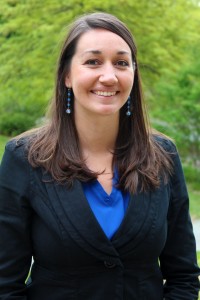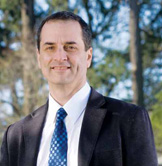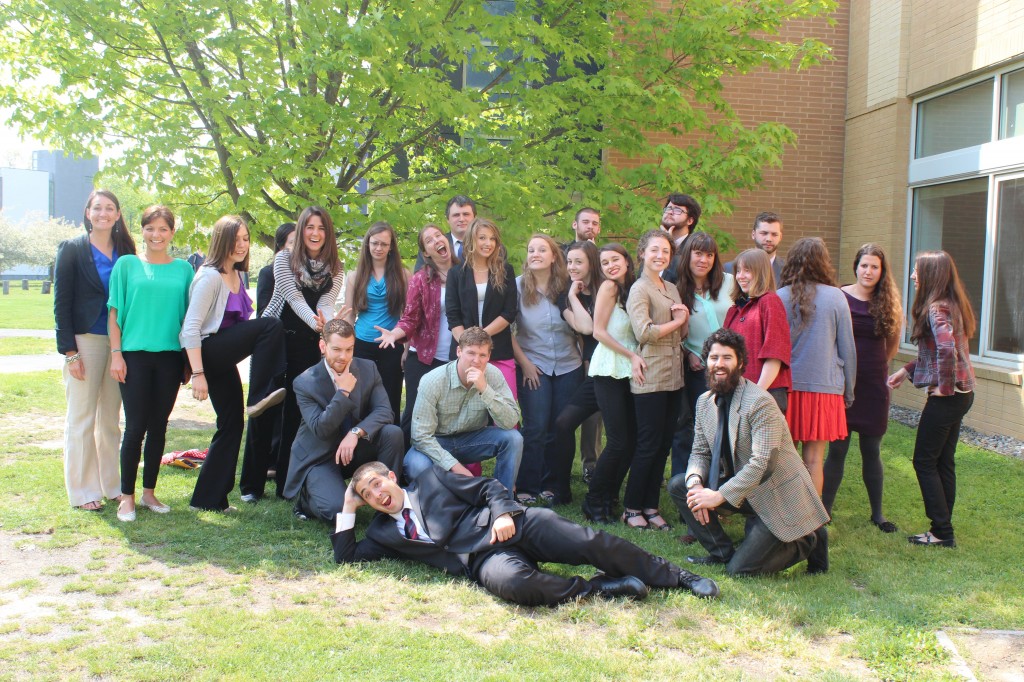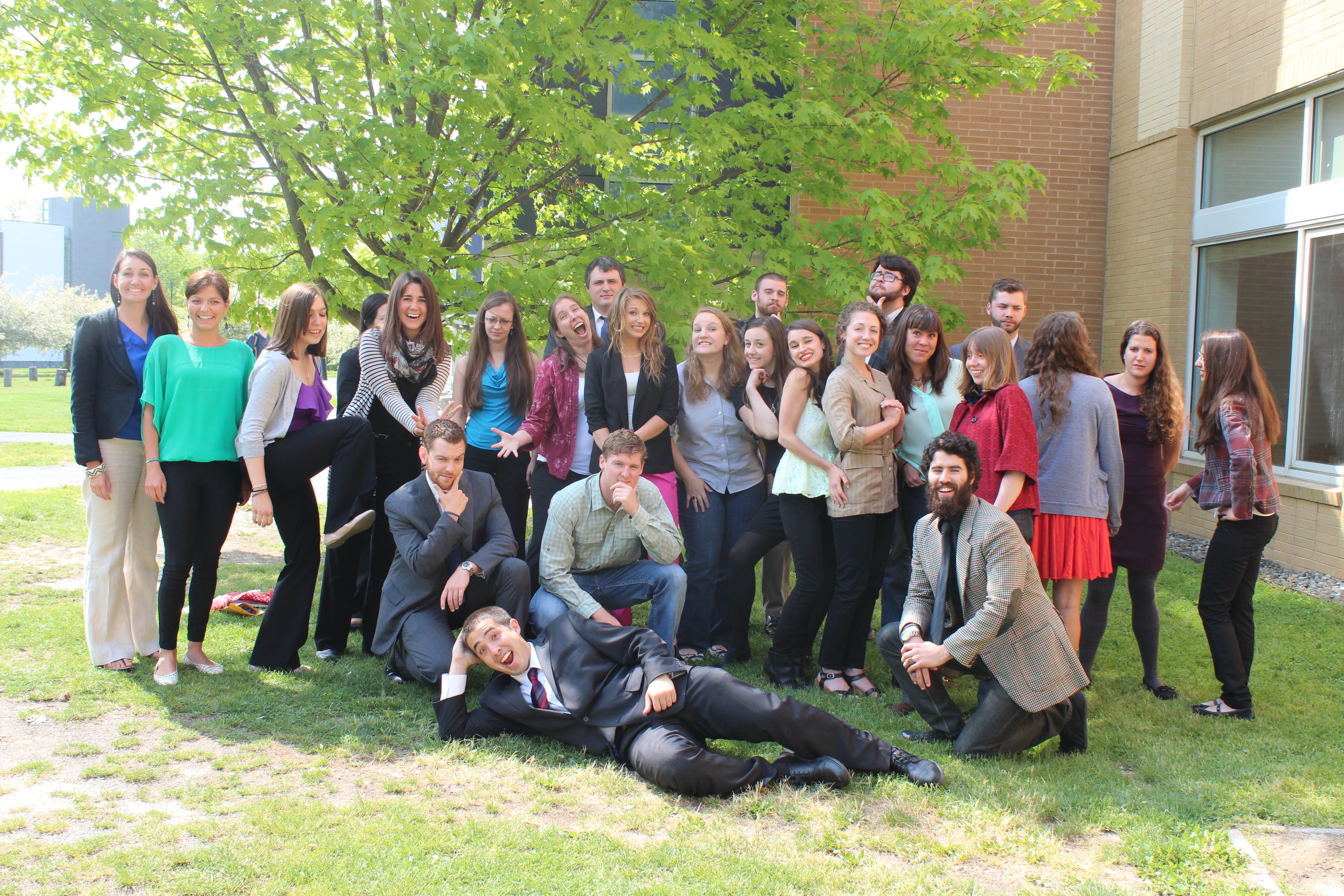By Molly Williams M.S. ’08, Assistant Director of Admission and Public Programs
At the Bard Center for Environmental Policy, twenty-seven second year students are hard at work on Master’s theses, ranging from landfill gas capture for the NYC transit fleet to water quality management on Wuxi lake in northeast China. But the graduate students are not all based on the Bard campus in Annandale. Over a third of them are working on their theses while employed in jobs they found through Bard’s Masters in Science programs.

Margaux Granat works on the impact of climate change on women in developing countries, at the International Union for Conservation of Nature (IUCN), in Washington, DC. Her masters thesis, to be completed by this May, focuses on how gender is considered and/or included in climate finance mechanisms, specifically in the REDD+ mechanism’s programs in Mexico. According to Margaux, “I am doing [my thesis] as a consultancy report for IUCN and hope to develop, through the analysis, a toolkit for identifying where there are gender gaps and what barriers (social, political, economic etc) exist in the country limiting a gender sensitive REDD+ process as well as positive in-country context that encourages and promotes gender mainstreaming in the mechanism.”
She says that Bard CEP’s unique graduate program helped her get the job. At Bard, students in their second year complete an extended, high-level professional internship, that begins in June and ends in January. For Margaux, and for a number of other students, the internship turned into a job, or opened a door to a related position.

Bard’s graduate program is structured around a first year academic curriculum that integrates science, economics, politics and law. “The program front-loads a rigorous core curriculum, freeing up students to pursue specialized internships in the second year”, says Bard CEP Director Eban Goodstein.
In the past, students typically returned to campus in the second semester of the second year to complete the master’s thesis. Increasingly, however, Bard CEP students are pursuing a “non-residence” option to finish their degree.
Having already secured employment in their chosen field, these students work remotely with their thesis advisors, while also attending workshops on-line one day a week. Students skype into a live classroom, joining their cohort in residence, on Wednesday afternoons and evenings.
What kind of environmental policy work are these second year Master’s students doing? In addition to Margaux’s work at IUCN:
- Libby Murphy is a climate outreach specialist at New York’s Department of Environmental Conservation, focused on sea level rise.
- Lauren Frisch is on a research team at the University of Alaska, Fairbanks, studying ocean acidification.
- Alan Kroeger is working for the Environmental Defense Fund helping to promote sustainable palm oil production to address deforestation.
- Sonia Slavinski works with the Global Shea Alliance in Ghana, addressing industry-wide sustainability for production and distribution of this African nut.
- Justine Schwartz is employed at the Federal Reserve in Atlanta, helping improve the Bank’s internal operations from an environmental sustainability standpoint.
- Jada Garafalo is on a research team at the Center for Disease Control trying to understand the environmental determinants of lyme disease.
- Brady McCarthy is a researcher at Resources for the Future, concentrating on state-level implementation of carbon controls through the Clean Air Act.
- Sara DiNovi is employed by McMennamin’s, a restaurant chain in Portland, Oregon, where she manages composting, recycling, and water management.
- Serafina Zeringo is a research analyst in the Massachusetts State Legislature where she supports the Committee on Environment, Natural Resources and Agriculture.
- Megan McClellan works for the Woodstock Land Conservancy on a rails-to-trails initiative.
- Jed Wolf is working for Global Green in Los Angeles, assessing how LEED neighborhood development rankings can be used to improve local sustainability.
Even for students who are not employed before graduation in May, Bard CEP’s program provides a leg-up in career development. “As part of their Masters of Science degree, all of our students have been through a mentored job search, written cover letters, and been through job interviews in order to land their internships,” states Director Goodstein. “Upon graduation, our students have a significant policy job on their resume and have demonstrated the ability to reflect on that experience through a serious academic thesis. These advantages matter to employers.”
Our students come in, often right from their undergraduate school, with the vision and courage to change the future. Bard CEP gives them the tools, knowledge and practical experience to realize their dream and make the world a more sustainable place, one job or internship at a time.

